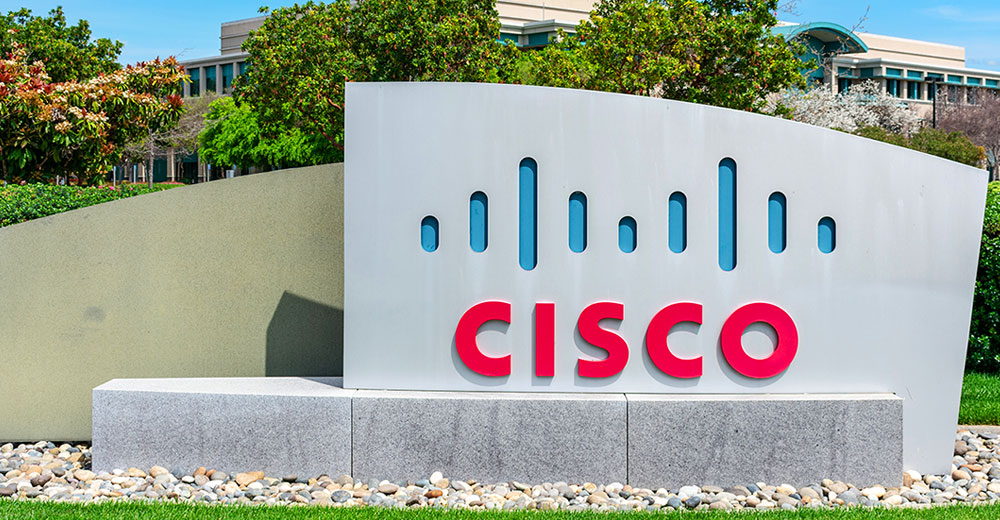Recent acquisitions have helped Novell rise to higher prominence as a vendor of Linux and nonproprietary software, but the company now is touting a wholehearted move toward a total, open platform.
Novell’s end-to-end, desktop-server Linux play was expected following the acquisition of SuSE Linux, but the company went further in announcing contributions of its SuSE Linux systems management tool, YaST, in an effort to jumpstart what it described as “a broad, multivendor, multiplatform systems management initiative.”
Along with the opening of its iFolder technology to the open-source community, Novell said it is planning to provide services along with its NetWare-SuSE Open Enterprise Server, including Nterprise Linux Services for interoperation between the two environments.
“I think their portrayal of an end-to-end Linux solution that’s tuned and installed by a single vendor is interesting,” Yankee Group senior analyst Dana Gardner told LinuxInsider. “They’re not only providing open-source products, but providing an open-source framework. It’s end-to-end rather than the point or architectural approach.”
Leading Vendor
Promoting its own emergence as “a leading commercial Linux vendor,” Novell reinforced its commitment to Linux and open-source software with support by Linux kernel creator Linus Torvalds, who spoke to attendees of Novell’s 20th annual BrainShare conference this week.
The company, which is much different today from the proprietary, predominantly Unix vendor it was at previous meetings, has leveraged its enterprise inroads and combined them with Linux to become a leader in the space, Novell chairman and CEO Jack Messman said in kicking off this year’s conference.
“The technology we’re showcasing this year around our platform offerings, identity management, Web services and resource management provides a comprehensive set of cost-effective answers to the most pressing IT questions customers face today,” Messman said.
Open Source To Open Markets
The Yankee Group’s Gardner, who agreed Novell has stepped up in the Linux market with the delivery of “a richer, fatter Linux client,” said the company is likely to use its European track record to push into the U.S. market where Red Hat dominates.
“I would say they have the potential to elevate much greater in their standing,” Gardner said. “Their strength in Europe is good for them to have the clout to provide their solutions approach in the states. They can do more than Red Hat in that regard.”
Harvard Research Group vice president of Linux strategy Bill Claybrook said the total solution approach could help Novell, but Red Hat still has “a huge advantage.”
“It’s all good for Linux,” Claybrook added, referring to improvements in stability and security and increased applications for the open-source operating system from various vendors.
Allegiance and Trust
Gardner said having Linux gives Novell a much stronger ability to stem the flow of defections from its NetWare server technology to Microsoft’s.
The analyst said it will be interesting to see how Novell handles the movement away from its own proprietary development and products of the past to the open-source model it has outlined as its future.
“Will we see Novell adopting SuSE Linux or adopting open source across the board and becoming a Linux provider rather than the traditional, licensed software provider they were?” Gardner asked.
“How much of Novell’s management technologies are they willing to spin out and expand to open source? What are they going to offer back in? I think they’ll get more allegiance and trust from the open-source community the more they put out.”








































